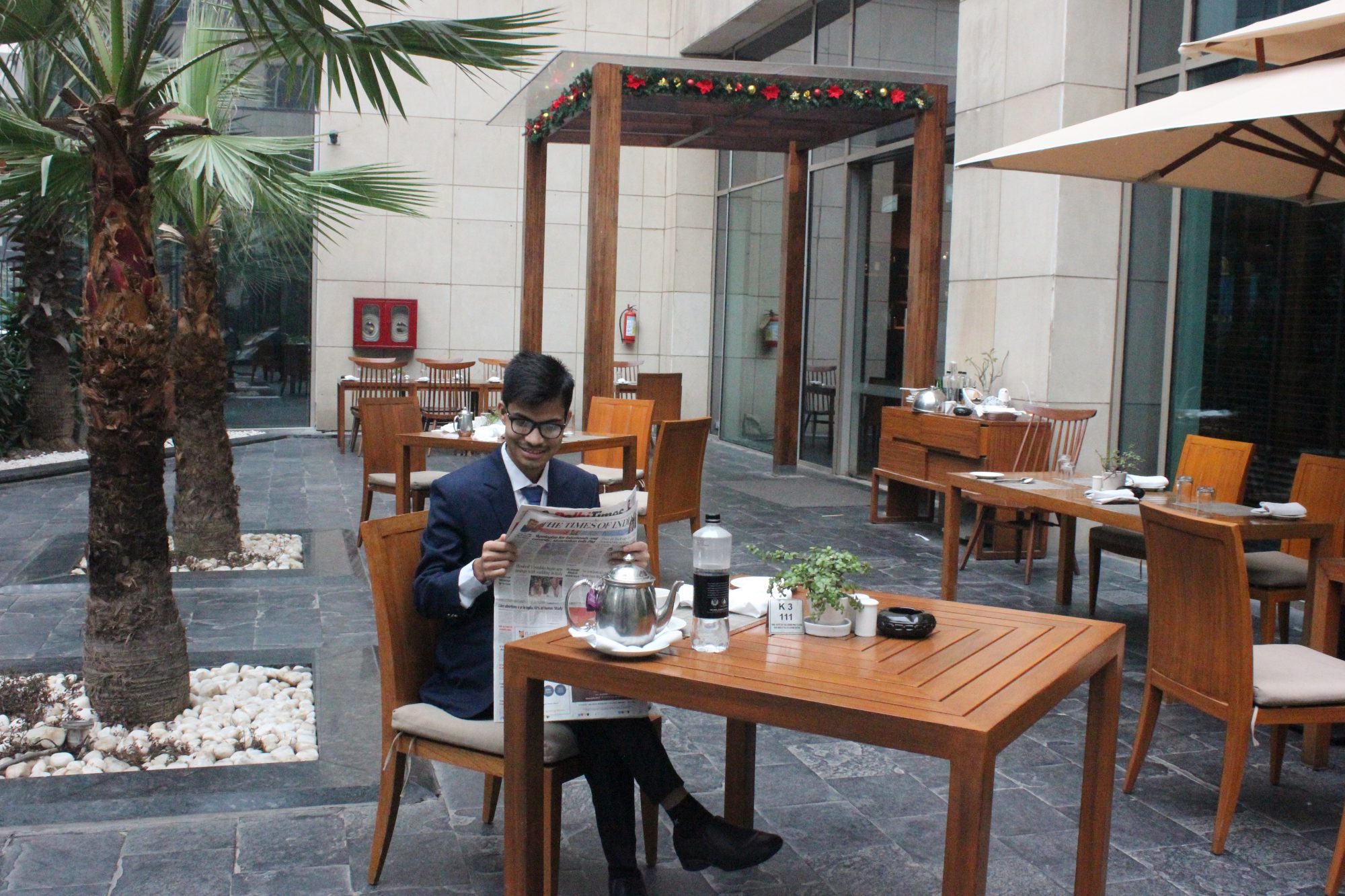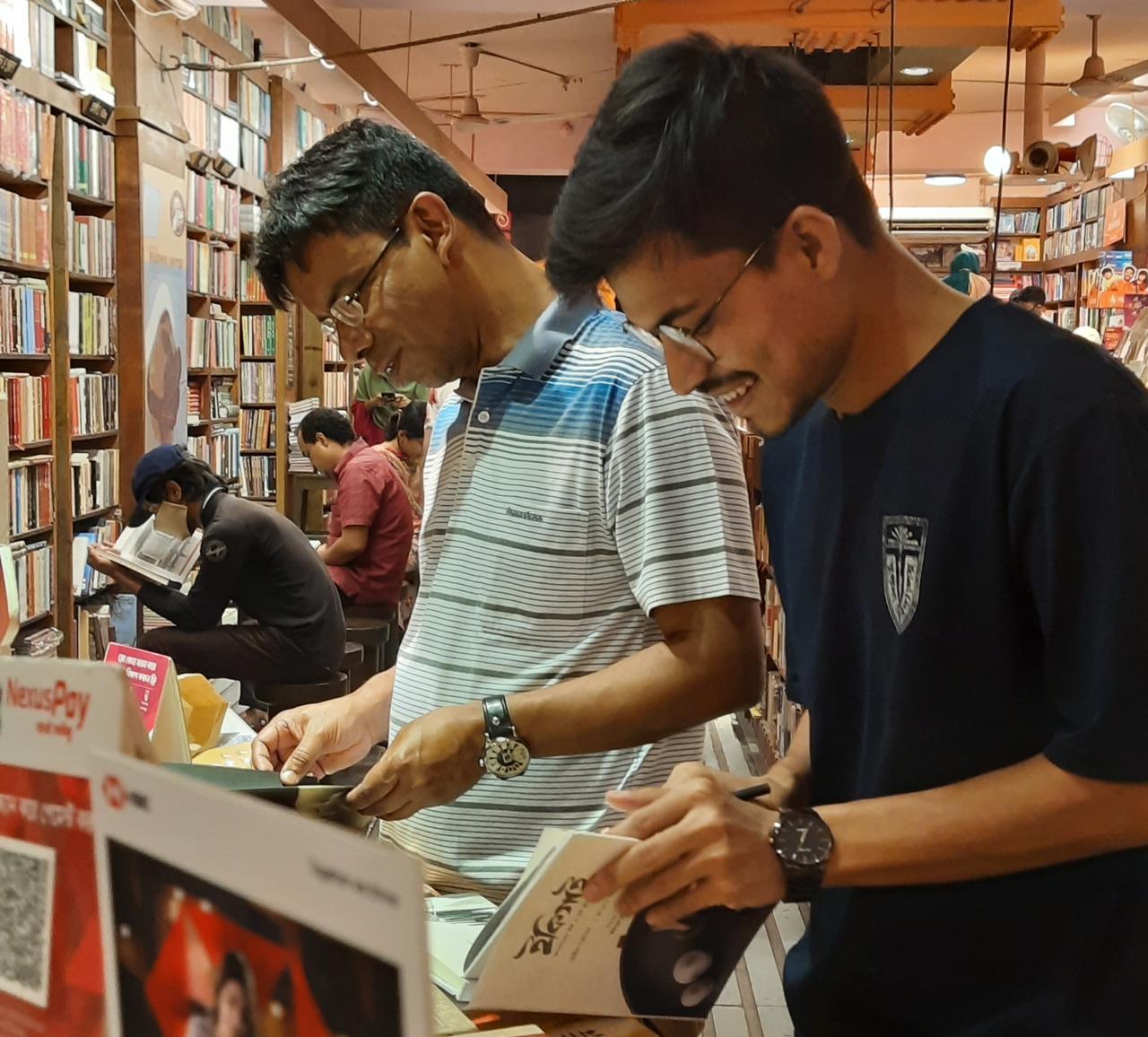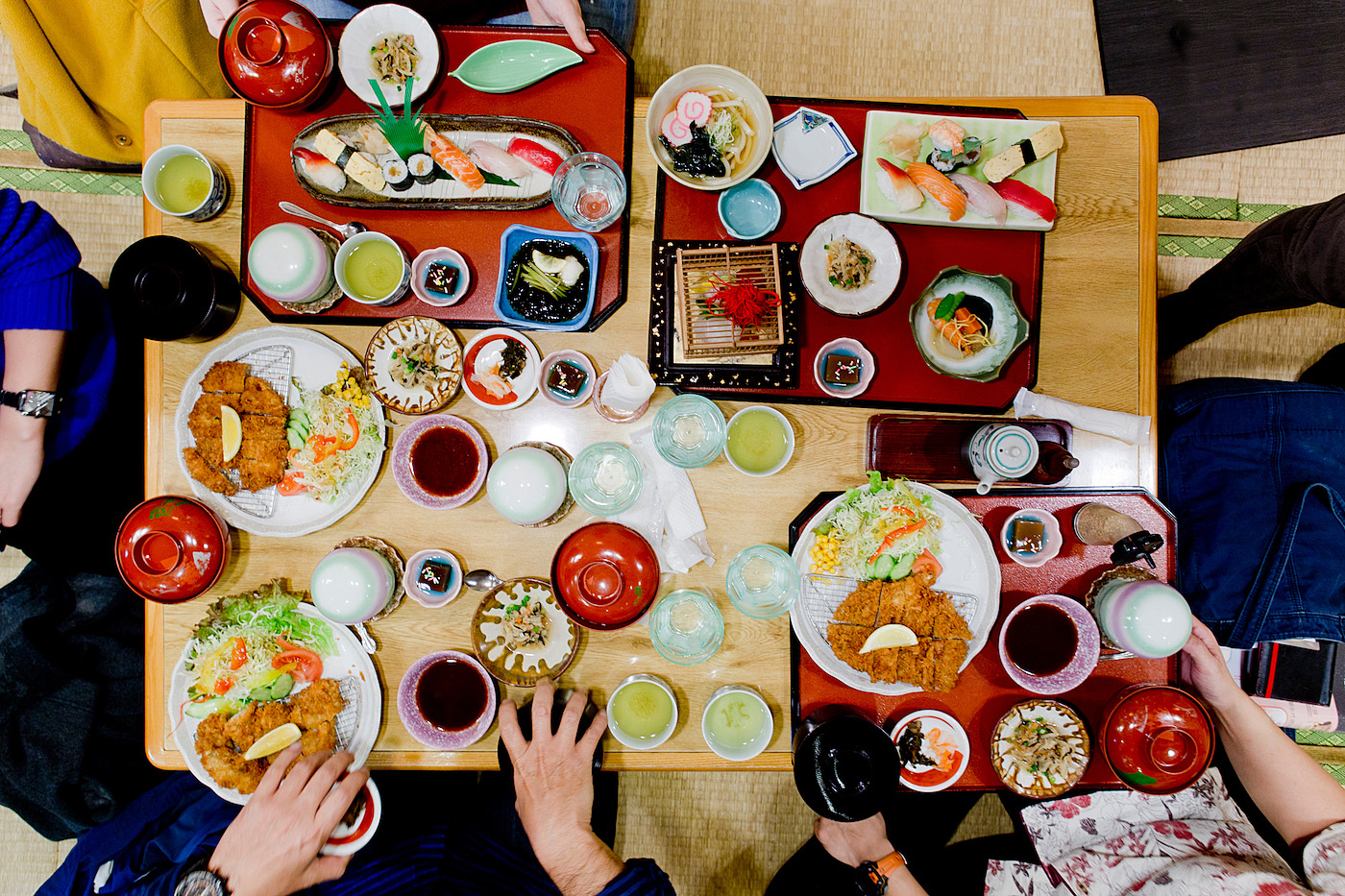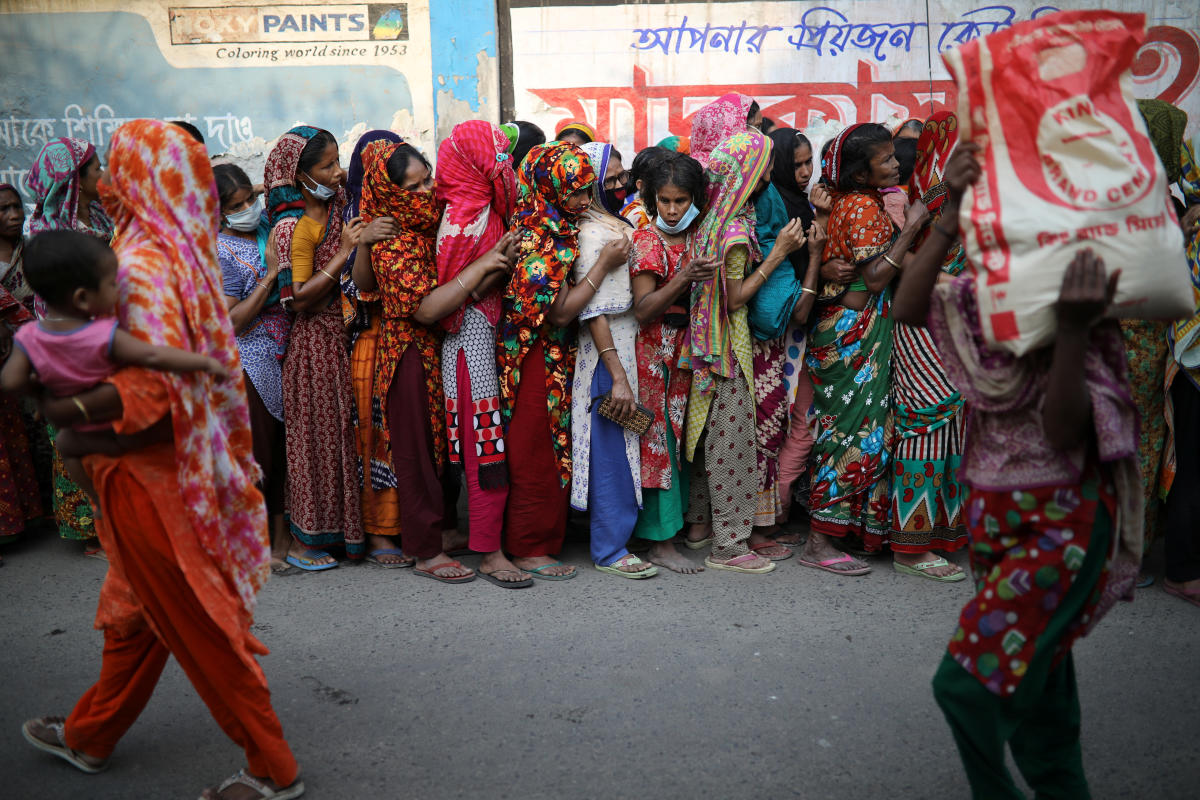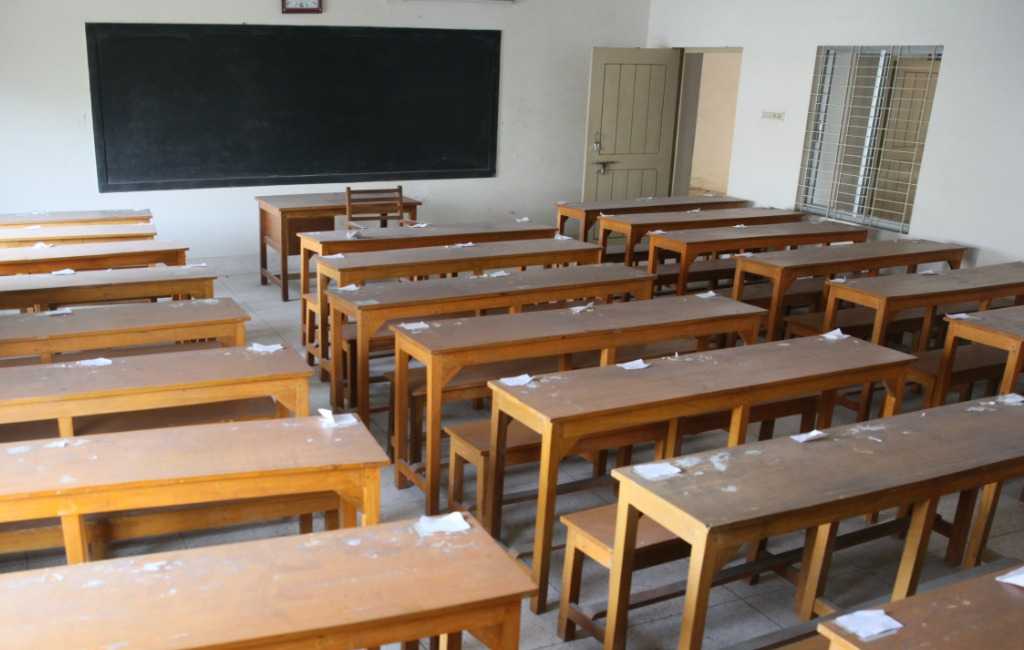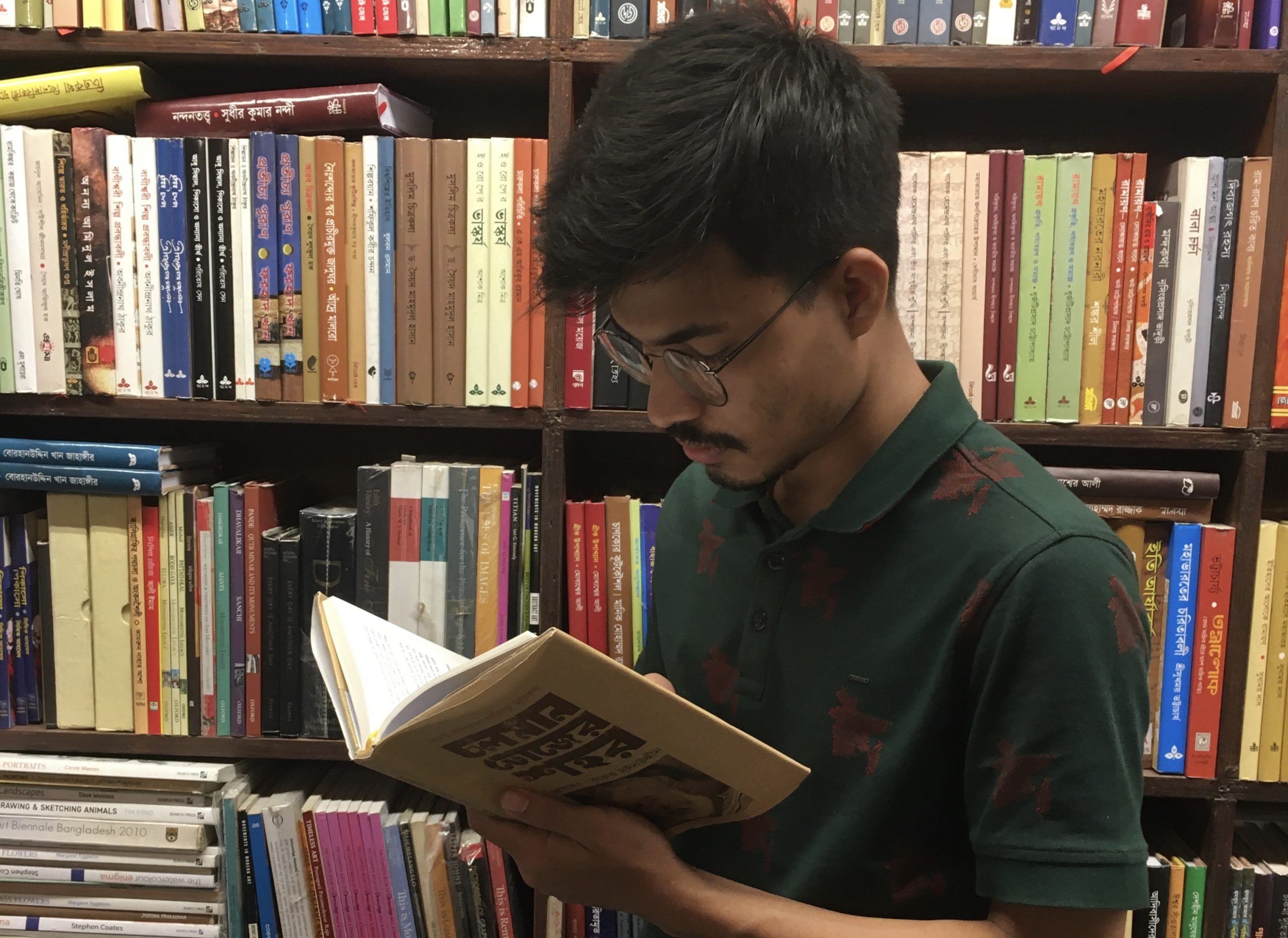এটা ওটা কারণে অনেকদিন ব্লগের জন্য কিছু লেখা হয়না। এ নিয়ে নিজের উপর একটু মন খারাপ। অবশ্য অনেকদিন আগেই তো এটা বলা হয়েছে যে – ঘরের গরু ঘাটের ঘাস খায়না। আমার ক্ষেত্রেও ব্যাপারটা অনেকটা সেরকম। এরজন্য-ওরজন্য লিখতে গিয়ে নিজের ব্লগের জন্য হয়ে উঠেনা। যাহোক, যেকারনে আজকের এই লেখাটা…
উঠতি অনলাইন বুকশপ পিয়নের অফিসে গিয়েছিলাম সেদিন। মূলত তারা বইমেলা উপলক্ষ্যে বাদল সৈয়দের ডিজিটাল সাইনিং করেছে। নাফিস আর জয় বলেছিলো আমিও যেন গিয়ে আমার অল্পকিছু বই সাইনিং করে আসি। বন্ধু মানুষ, তাই একটু হয়তো মায়া দেখিয়েছে তুচ্ছ এই লেখককে। আমি যেতে খানিকটা দেরি করে ফেলেছি। এর মধ্যে বাদল সৈয়দ চলে এসেছেন। আলাপচারিতা চলছিলো, মধ্যপথে যাত্রার সওয়ার হয়েছি আমি। সাহিত্য, ইতিহাস, উন্নয়ন থেকে শুরু করে কতো আঁকাবাঁকা অলিগলি পাড়ি দিচ্ছিলো কথার গাড়ি। আমি বসে বসে বেশ মনোযোগ দিয়ে শুনার চেষ্টারত।
সে আলোচনার কিছু পয়েন্ট আমাকে টেনেছে বেশ। আমিও আপন করে নিয়েছি ফোটপ্যাডে [লিখতে চাচ্ছিলাম ফোনের নোটপ্যাড। কিন্তু তাড়াহুড়ো করতে গিয়ে হয়ে গেলো ফোটপ্যাড। শব্দটা ভূল হয়েছে। তাই কেটে আবার লিখতে যাচ্ছি… হঠাত মনে হলো, থাকনা। কি আর হবে। নতুন একটা শব্দ হিসেবে নাহয় থেকে গেলো। খারাপ কি?]
- কথায় কথায় বলছিলেন ছেলেবেলার কথা। তার বাবা নাকি কখনো সন্ধ্যার পর ঘরের বাইরে থাকতেন না। এর যুক্তি হিসেবে তিনি বলতেন, আমি নিজেই যদি সন্ধ্যার পর ঘরের বাইরে থাকি, তাহলে আমার সন্তানদের আমি কোন মুখে সন্ধ্যার আগে বাসায় ফিরতে বলবো? কথাটা আমার বেশ পছন্দ হলো। আমাদের ব্রাউন-ফাদারদের স্বভাব একটু আলাদা। তারা উপদেশ দিতে পছন্দ করেন খুব। কিন্তু সবার আগে নিজেরা সেটা অমান্য করেন। আবার ভূল ধরিয়ে দিতে গেলে বেয়াদব বলে ফিরিয়ে দেন। যেটা আমার দৃষ্টিতে সম্পূর্ণ অনুচিত। বরং সব বাবার উচিৎ দৃষ্টান্তের মাধ্যমে সন্তানদের পরিচালনা করা।
- আরেকটা প্রথাভাঙ্গার কথা বললেন তিনি। সেটাও আমার বেশ মনে ধরেছে। জানালেন, তিনি নাকি বিয়ে, হলুদ, ওয়ালিমা, আকিকা ধরনের অনুষ্ঠানে যাননা। যদিও প্রথমদিকে খুব কষ্ট হয়েছে আত্নীয়দের বিষয়টা বুঝাতে, কিন্তু এতোদিনে বিষয়টা পাকাপোক্তভাবে দাঁড়িয়ে গেছে। কিন্তু ঠিক কি বলে বা কীভাবে তিনি এমন অসামাজিক প্রচেষ্টাকে দাড় করাতে পেরেছেন? সে বিষয়টাই আমার কাচে ইন্টারেস্টিং মনে হলো। তিনি বলেন, “দেখেন, এই আনন্দের অনুষ্ঠানে আপনার লোকের অভাব হবেনা। যাকেই দাওয়াত দিবেন, চলে আসবে। সেজেগুজে এসে নেচে-গেয়ে-খেয়ে-দেয়ে চলে যাবেন। তাতে আমি না গেলেও খুব একটা ঘাটতি হবেনা। কিছু মনে করবেন না, আমার দোয়া আপনার সাথে থাকলো। তবে যেদিন বিপদে পড়বেন, দেখবেন, কেউ কাচে আসছেনা, সেদিন আমাকে খবর দিবেন। আমি নিশ্চিতভাবেই সেদিন আপনার কাছে যাবো। চেষ্টা করবো আমার অবস্থান থেকে যতটুকু সম্ভব সাহায্য করার।” – আমার কথা হলো, সব অনুষ্ঠানেই যে আপনার যেতে হবে এমন তো কোন কথা কোথাও লেখা নেই। কিন্তু লেখা আছে যে কেউ বিপদে পড়লে তাকে সাহায্য করতে হবে। দেখুন, ফরজ নিয়ে আমাদের মাথাব্যাথা নেই, সবাই নফল নিয়ে ব্যস্ত!
- বাদল সৈয়দ বলেছেন তিনি প্রতিদিন নিয়ম করে পড়তে বসে সন্ধ্যার সময়ে। এটার জন্য একটা ধরাবাঁধা স্ট্যান্ডার্ডও আছে। তিনি চেষ্টা করেন প্রতিদিন অন্তত ১০০ পৃষ্ঠা পড়ার। পরিবর্তনশীল এই দুনিয়ায় হয় পড়বেন, নাহয় পিছিয়ে যাবেন। চব্বিশঘণ্টার একেকটি দিনে নতুন কিছু যদি না-ই শিখতে পারলেন, তাহলে হলো-টা কি?
